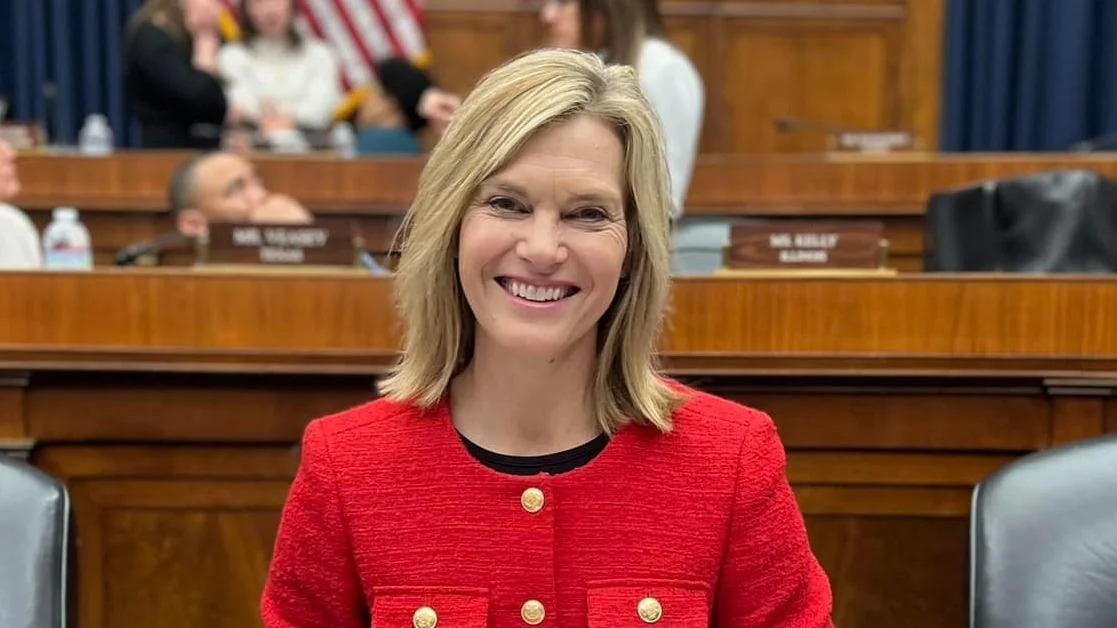Julie Fedorchak Congresswoman | Official Website
Julie Fedorchak Congresswoman | Official Website
Congresswoman Julie Fedorchak of North Dakota has announced the formation of a working group focused on creating a legislative framework to support the future energy needs of Artificial Intelligence (AI). This initiative will concentrate on four primary areas to ensure that AI technology is powered reliably, affordably, and sustainably.
In her prepared remarks, Fedorchak emphasized the importance of energy in achieving AI dominance. "To be AI dominant, we must first be energy dominant," she stated. The newly formed AI and Energy Working Group will specifically address the energy demands associated with AI technology.
Fedorchak noted that while other colleagues are focusing on regulation and speech aspects of AI, this group's efforts will complement existing initiatives such as the Speaker’s Task Force on AI. The goal is to engage experts, stakeholders, legislators, and interested parties to explore power needs and barriers, aiming for federal policy solutions that ensure reliable and sustainable energy for AI.
The first pillar focuses on American energy dominance. Fedorchak highlighted that current data centers account for 4.3% of U.S. power demand—a figure expected to rise significantly by 2030. She pointed out that policies from the Biden administration have hindered scaling up reliable baseload power necessary for this growth.
She cited Microsoft's agreement in September 2024 to reopen the Three Mile Island nuclear plant as an example of securing long-term power contracts but stressed the need for smaller companies to access similar opportunities.
The second pillar addresses grid security. Fedorchak warned about vulnerabilities due to reliance on intermittent power sources and cyberattacks targeting U.S. grid operations. "If AI is to flourish, we must prioritize grid reliability and security," she said.
Pillar three involves adapting energy regulations to bridge the gap between rapid AI growth and slower infrastructure development timelines. According to a Bipartisan House Task Force Report on Artificial Intelligence, new models emerge every six months while infrastructure takes years to build.
Lastly, Fedorchak stressed America's need to lead in global AI innovation over China—highlighting China's recent advancements like DeepSeek-R1—and supported President Trump's Executive Order 14179 aimed at removing barriers stifling American investment in AI.
Fedorchak invited stakeholders interested in joining the working group or contributing ideas to contact Ty Kennedy as part of crafting a comprehensive legislative framework supporting America’s leadership in both energy and AI innovation.






 Alerts Sign-up
Alerts Sign-up